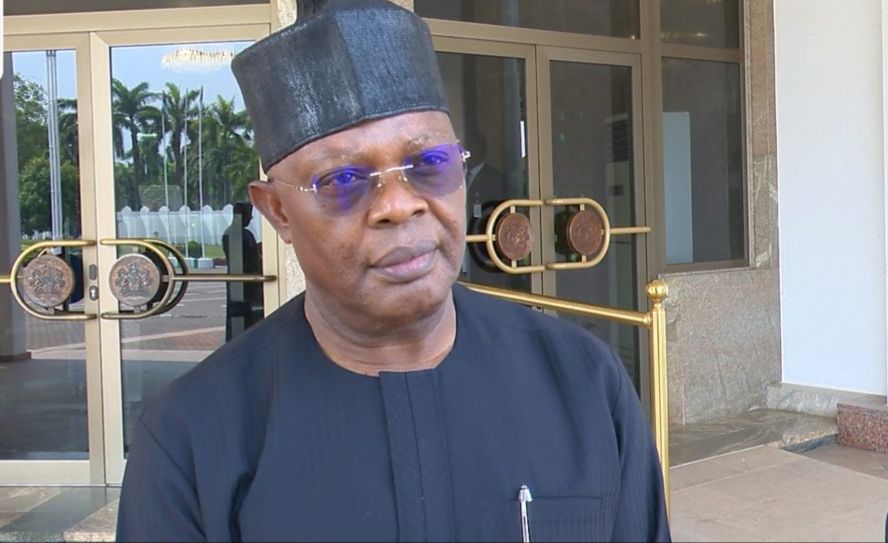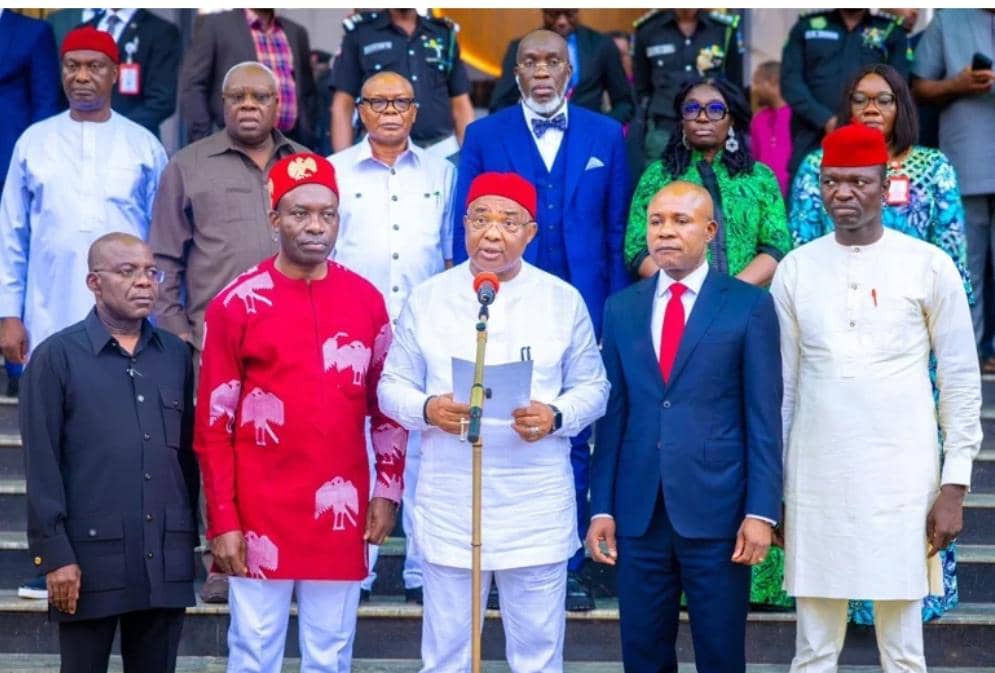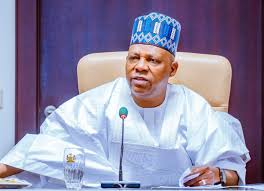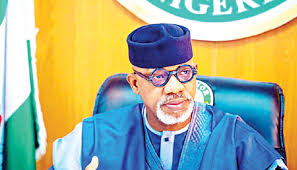
Dare Babalola
The Centre for the Promotion of Private Enterprise (CPPE) has stated that Nigeria is gradually regaining macroeconomic stability, following the sustained moderation of the country’s headline inflation for five consecutive months.
This was contained in a policy brief personally signed by Dr Muda Yusuf, Chief Executive Officer, CPPE, on Tuesday.
According to the CPPE’s policy brief on inflation, the nation’s headline inflation rate eased to 20.12% in August 2025, down from 21.88% in July, representing a 1.76 percentage point decline.
Month-on-month inflation also slowed sharply, rising by just 0.74% in August compared to 1.99% in July. Food inflation moderated to 21.87% from 22.74% in July, while core inflation declined to 20.33% from 21.33%.
The CPPE attributed the decline to base effects, stabilisation of the foreign exchange market, and improved agricultural production. The centre noted that business confidence has improved, but consumer confidence remains fragile due to high food prices and weak purchasing power.
“Encouragingly, consumer pessimism is gradually easing, suggesting that households are beginning to adjust expectations as inflation slows,” it noted.
To consolidate and build on these gains, the centre recommends a coherent mix of fiscal, monetary, and structural reforms.
“The government should continue stabilising the exchange rate; deepen fiscal consolidation to curb deficits and manage public debt prudently,” it said.
It also stated that the federal government must address structural bottlenecks by working with state governments to remove productivity constraints, invest in infrastructure, logistics, and security to enhance output and lower costs; control money supply growth through tighter monetary and fiscal coordination; align fiscal, tax, and trade policies to reduce production and operating costs across sectors; and continue implementing targeted measures such as input subsidies, storage facilities, and mechanisation programmes to reduce food production costs and ease household budget pressures.
“If these measures are sustained, Nigeria could witness a further decline in inflation, a gradual rebound in consumer confidence, and stronger foundations for inclusive and sustainable economic growth,” the CPPE stated.







































